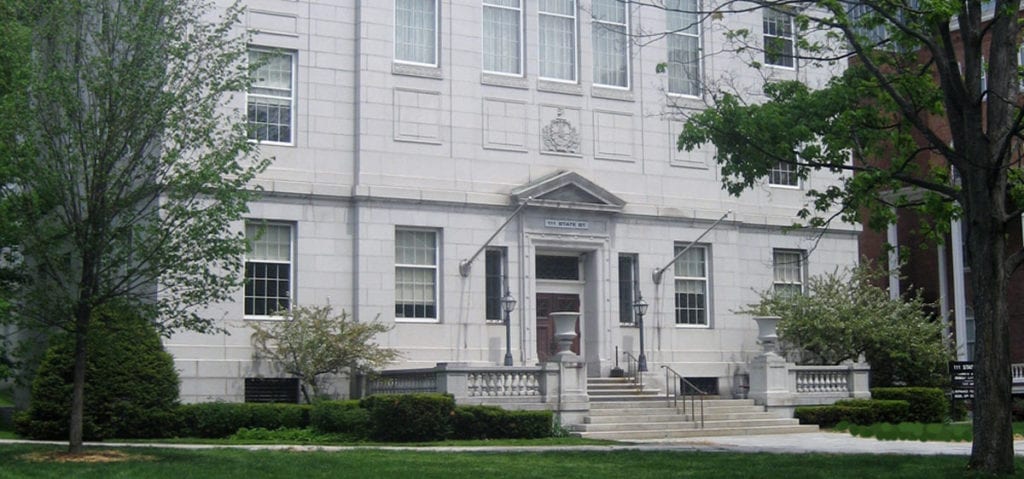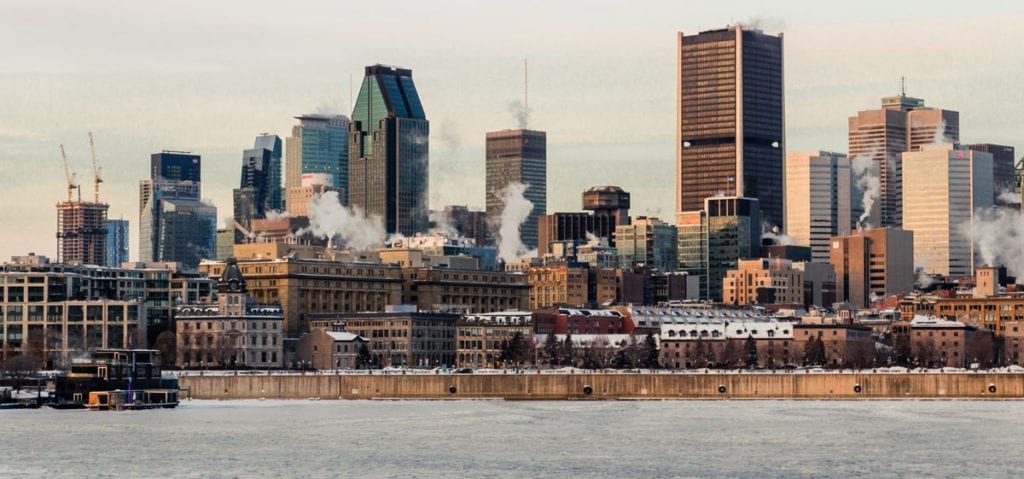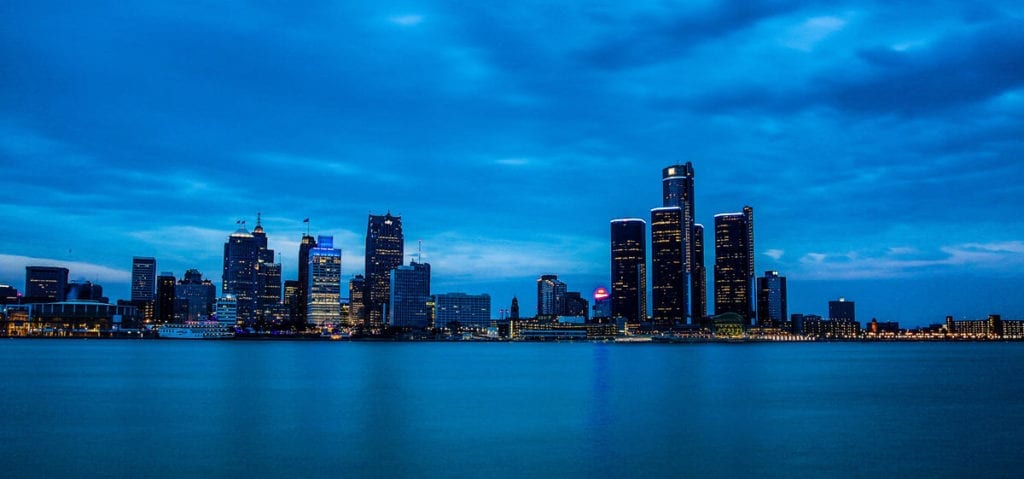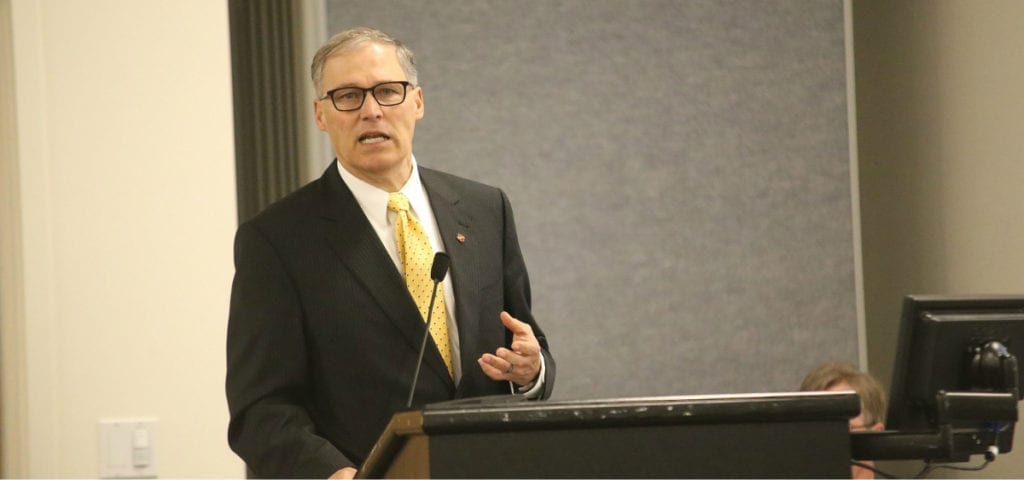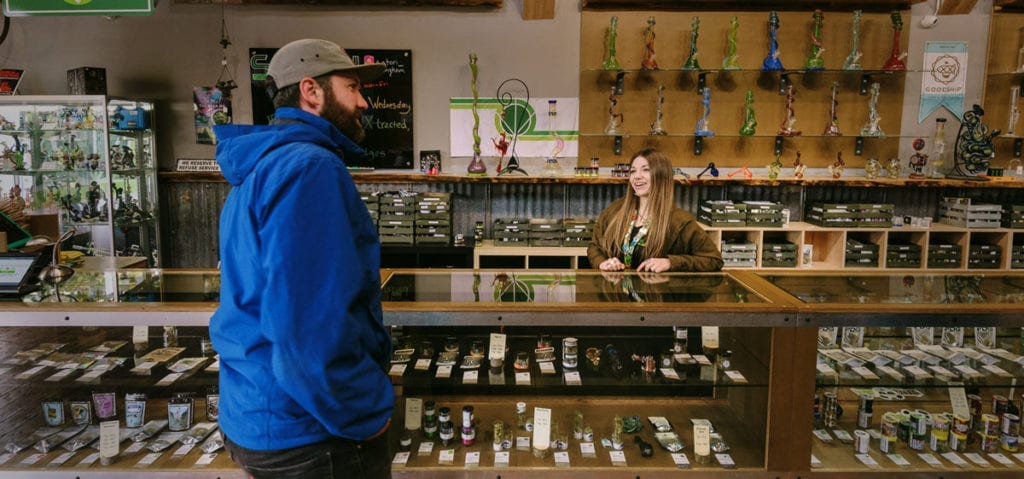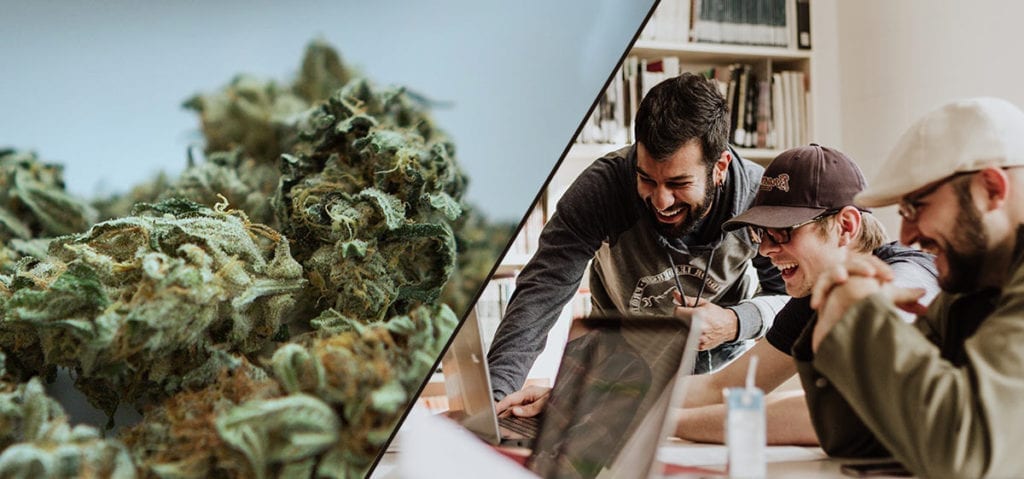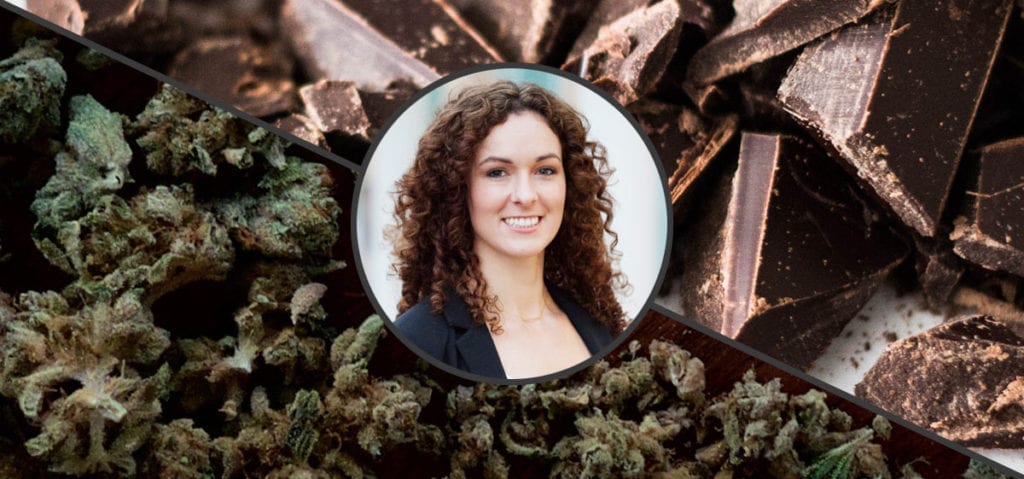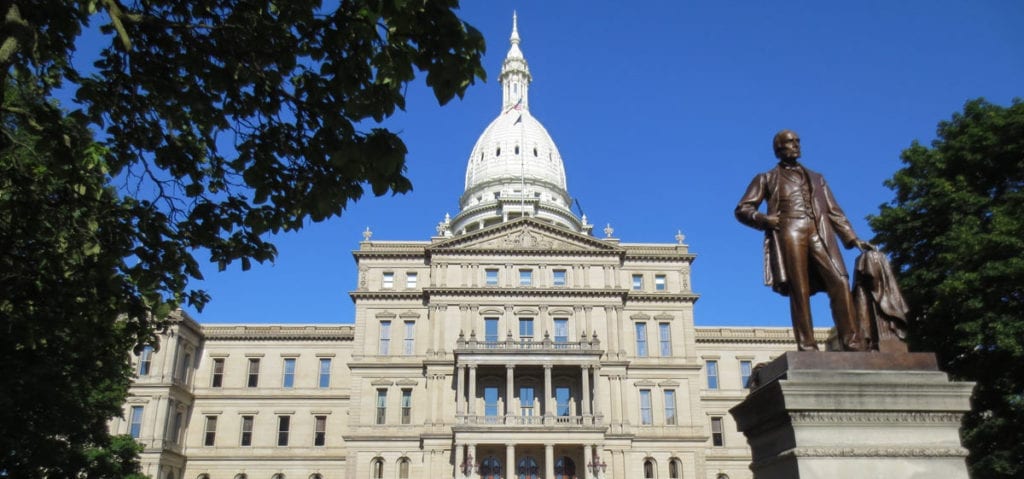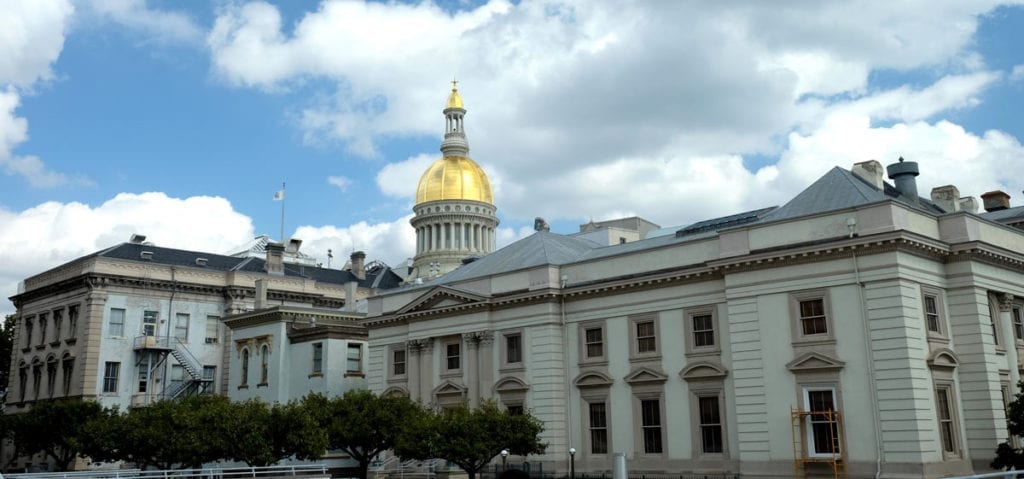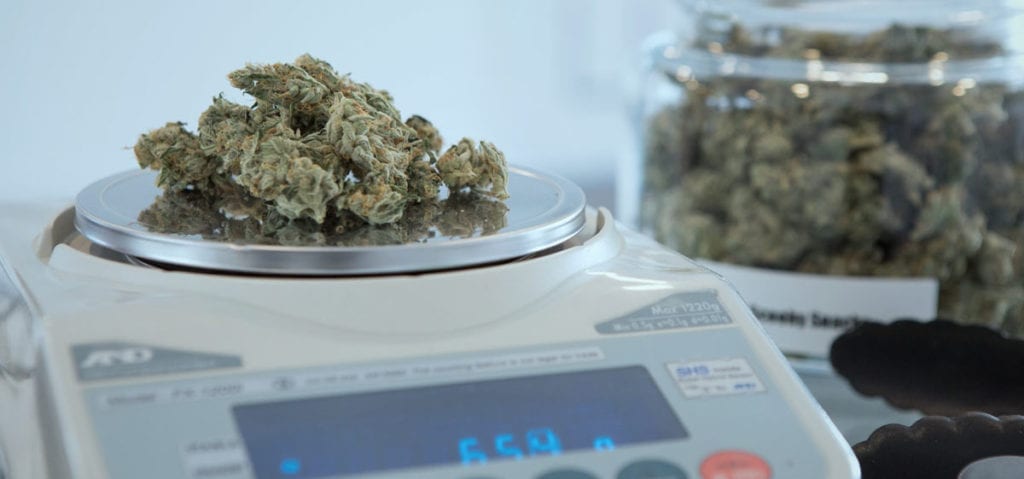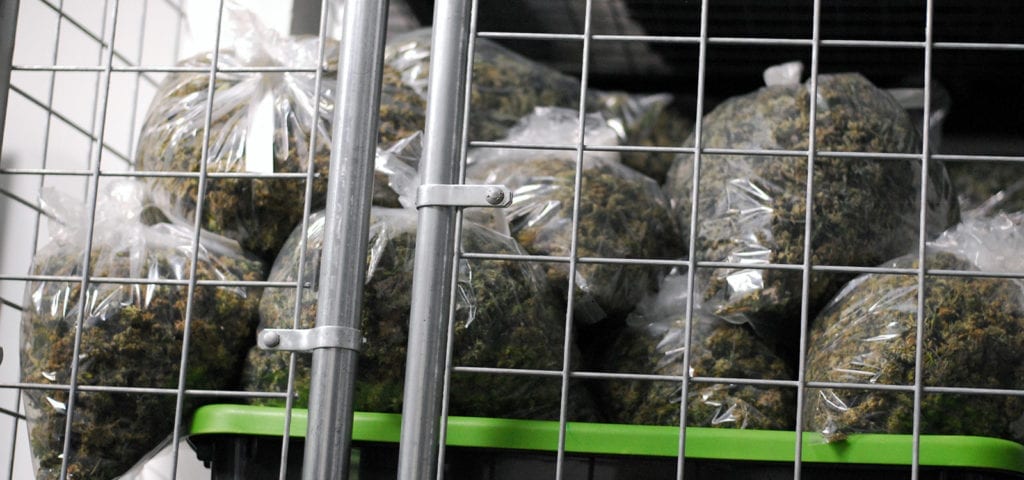The Millennial generation, those born between 1980 and the early 2000s, has been pivotal in shaping today’s economy. In fact, the influence of millennials will continue to impact how companies market their products for years to come. Companies who aren’t currently on board with this demographic should be moving quickly to adjust their business plan to be more inclusive. This is especially true for the cannabis industry, as millennials make up the largest demographic for cannabis use.
Cannabis market research company Brightfield Group surveyed 1,200 cannabis users and found that 39% of millennials use some form of the product daily. Additionally, millennials currently make up about half of all medical cannabis users, with the majority of users spending up to $100 a week on cannabis products.
With such a large demographic willing to spend, this generation has the power to shape how brands market their products. But, just what are the elusive millennials looking for when it comes to cannabis brands and products?
High Quality, Top Shelf Products
The Brightfield study indicated that millennials spend more on cannabis products than they do on groceries. Therefore, quality over quantity is incredibly important to millennials, and they expect the brands they buy from to be able to prove – and stand behind – the quality of their products.
Dispensaries and any maker of cannabis products would do well to establish a sense of loyalty with their customers, and stellar quality assurance is one way to do that.
Establish an Online Presence
Millennials use their smartphones for just about everything. This is especially true when looking for product and business reviews. For dispensaries, millennials turn to Leafly – the Yelp of the cannabis industry. They can check reviews and ratings, view dispensary menus, check hours and locations, and get information about strains.
However, Leafly isn’t the only place this audience looks for an online presence. Social media accounts on Facebook, Twitter, and Instagram are imperative for companies to keep in touch with, and track, their consumer demographic. Good social media interaction establishes trust and loyalty, which is what millennials are looking for.
Ensure Product Variety
Cannabis can now be found in a variety of products from flowers and concentrates to edibles, topicals, and health and beauty products.
Dispensaries that carry a variety of products from local, reputable brands are likely to have better engagement with their customers. 40% of the study’s participants indicated that edibles were their product of choice. So in addition to a diverse category choice, millennials want variety in the brands they utilize. One day they want gummies; the next day they want brownies. The solution? Have both on hand.
Develop a Unique Retail Dispensary Experience
The retail cannabis sector is booming with opportunity – especially in states where both medical and recreational use is legal. Consumers come from all walks of life from retirees to CEOs and college students, and possess a certain attitude about the retail experience.
In fact, it’s the millennial audience that is changing the direction of the retail industry – they don’t just want a product, they want memories – and this is why it is imperative that companies bring their most innovative cannabis retail experiences to the forefront.
But how?
Design a Retail Space that Customers Love
In most states where cannabis is legal, dispensary owners have to work with existing real estate. Whether you’re in a warehouse or a former bank, you can design your dispensary in a way that is inviting and memorable for customers, which makes them more likely to come back.
In Oregon, TJ’s Gardens, which was recently acquired by Stem Holdings, has made great use of the space in their locations. Each location is different, and therefore has a different vibe suitable for the needs of the local customers. Additionally, the staff is well-trained, knowledgeable, and friendly, making customers who are new to the world of cannabis feel comfortable and well-informed.
TJ’s only stocks high quality, locally sourced, and often organic products and presents them in a way that is aesthetically pleasing to customers. The work that goes into making the products they sell warrants top-shelf prices, and guarantees that everyone who walks through the door leaves with exactly what they wanted when they came in.
For companies looking to make an impression on customers, the key to doing so is with a unique, positive retail experience that gives them memories. While customers initially go into a dispensary looking for a product, it’s the experience that will have them coming back in the future.
Tips for a Red Carpet Dispensary Experience
It takes about 60 seconds for a customer to decide if a dispensary is in line with their expectations. Some ways to ensure your customer stays for the long haul include:
- Meet and greet customers at the door
- Build trust by ensuring the prices on your website match the prices in-store
- Display products in a way that showcases your best products first
In the cannabis industry, there is always an opportunity to positively impact a customer, and in the dispensary, it starts with the experience. As the retail market continues to change, it’s your company’s job to keep up with the trends and with consumer expectations. Millennials are the driving force behind cannabis products and brands. By understanding the consumer, cannabis companies can develop better strategies for bigger profit, and speak to their customer base in a way that generates loyalty.
